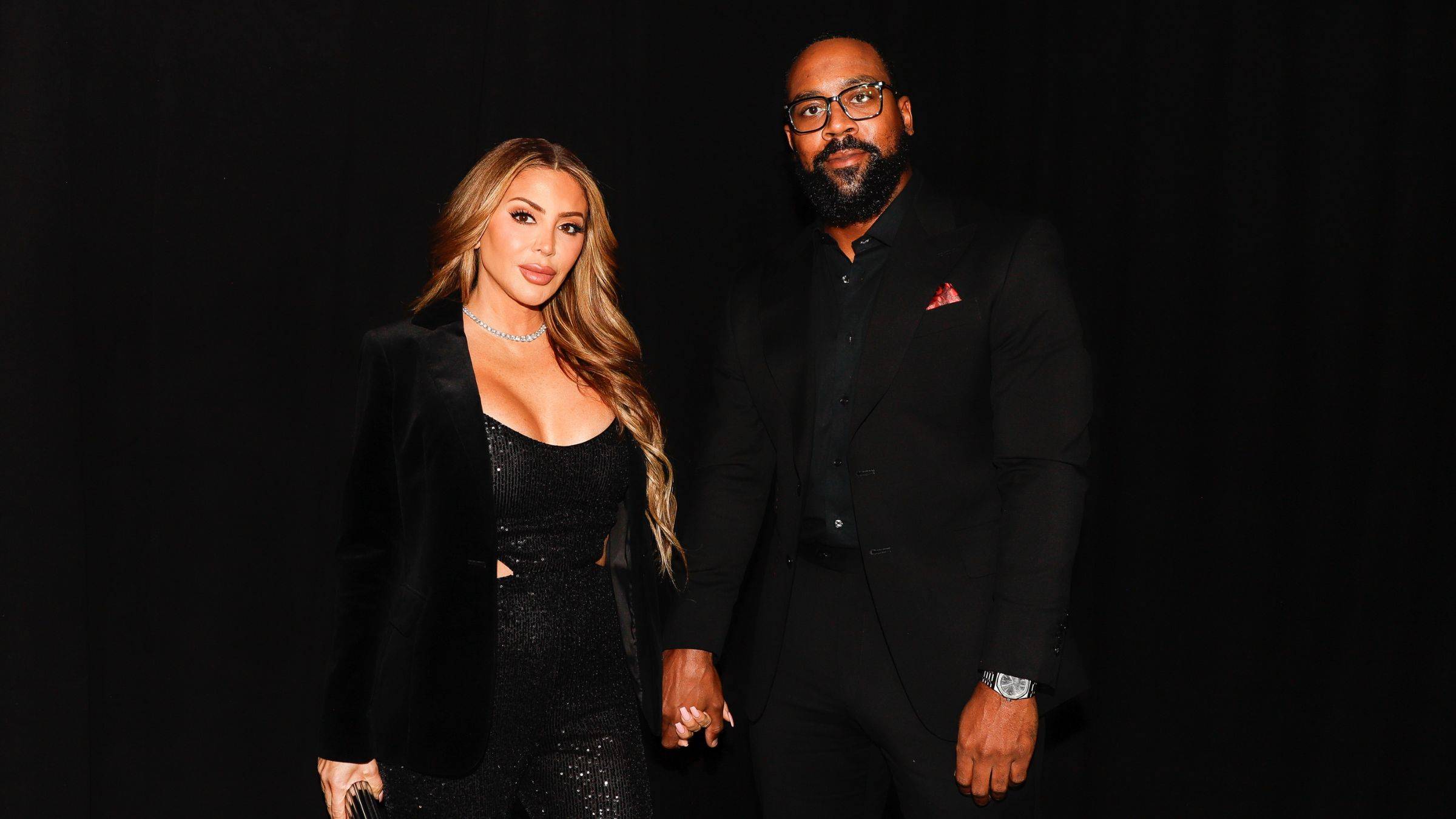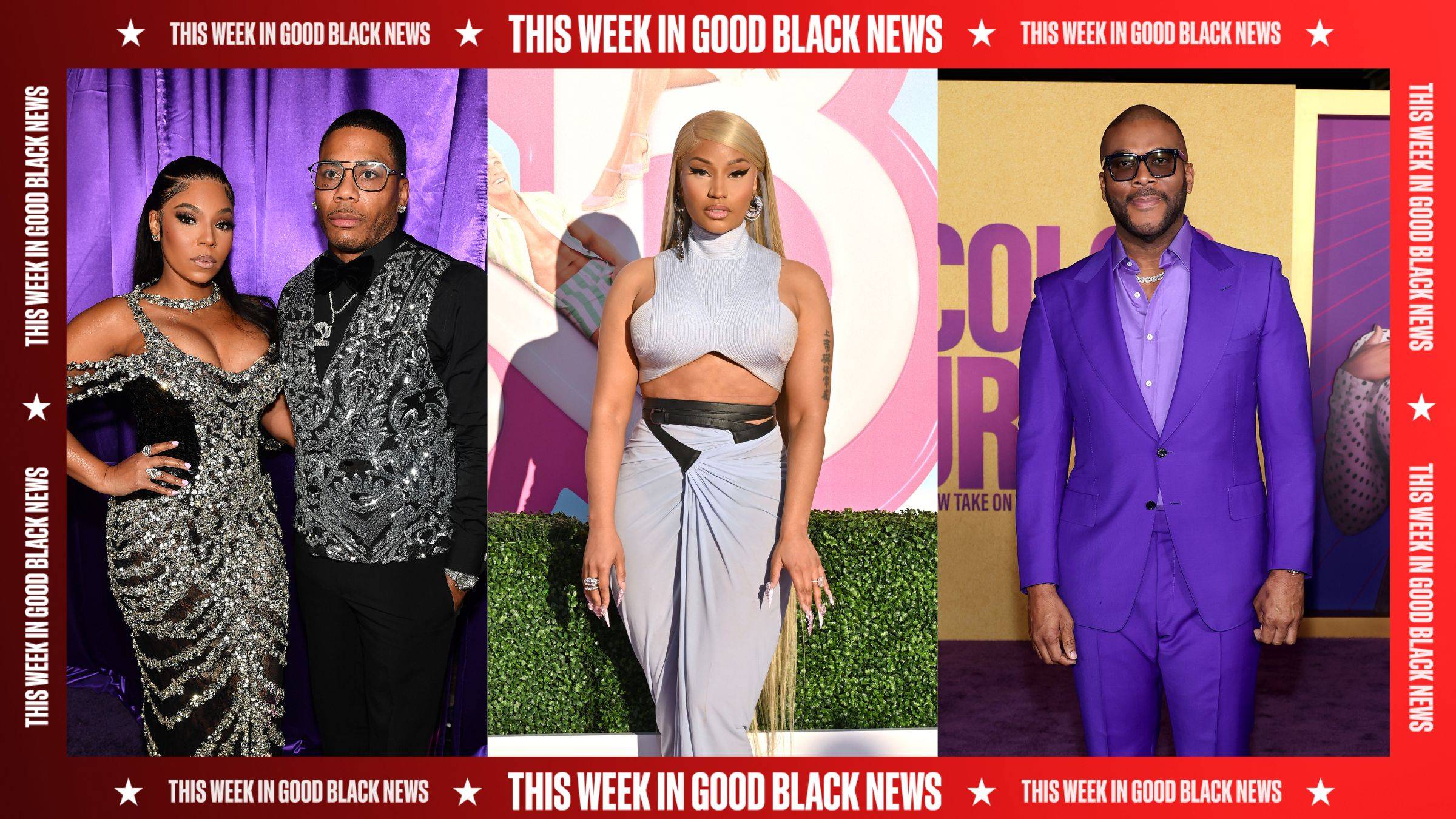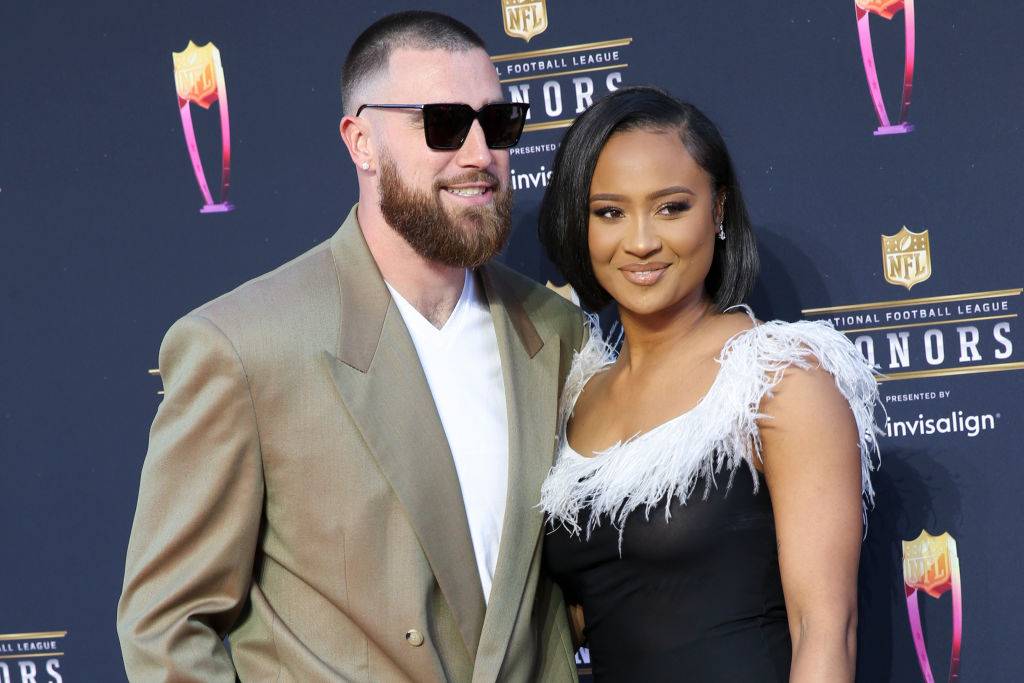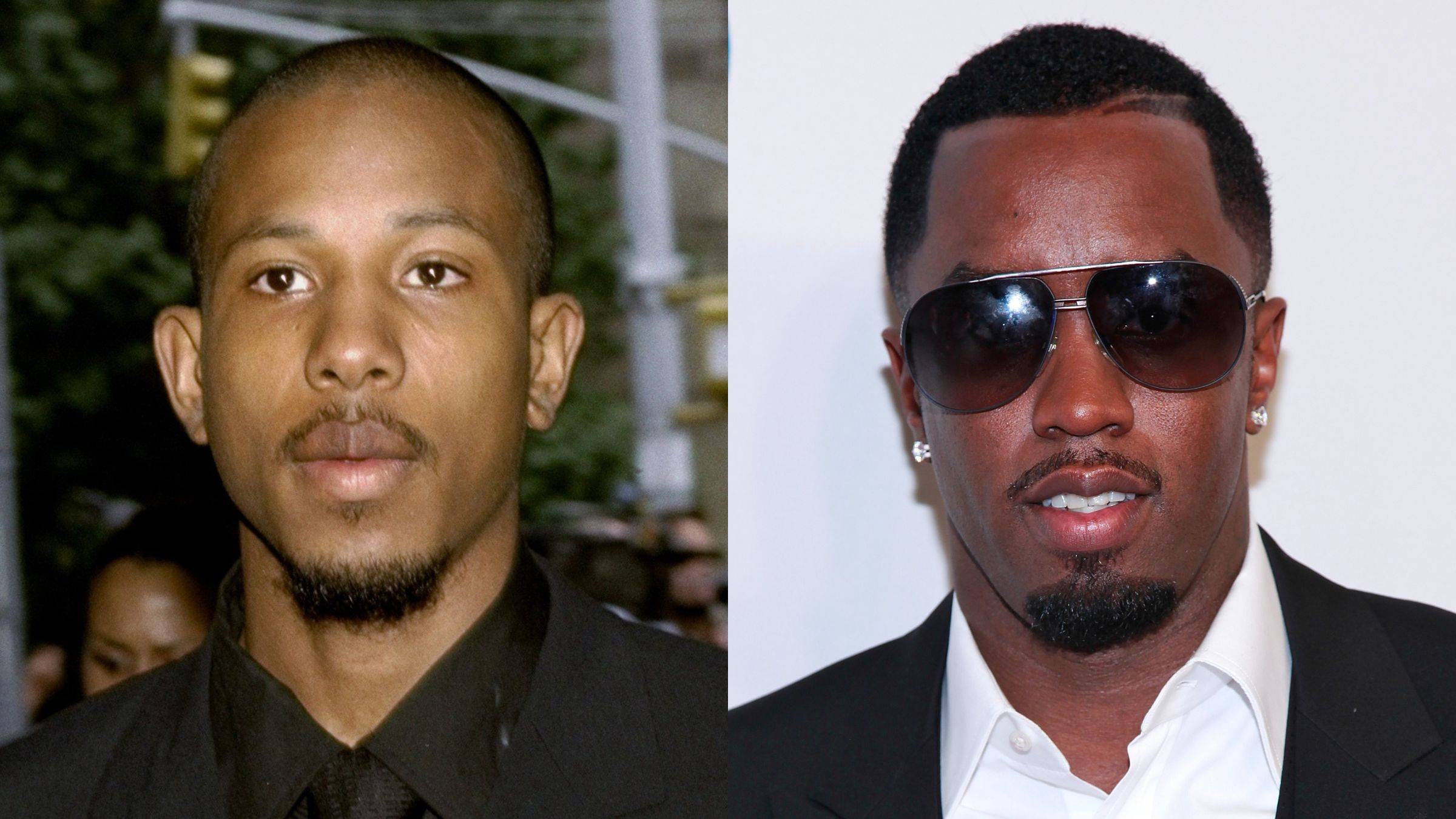Commentary: When Your Race Is a Threat

Some justice was delivered, incomplete though it may be.
Michael Dunn was convicted of attempted second-degree murder for shooting at a carload of teenagers. But the jury ended in a mistrial on the charge of first-degree murder for the killing of 17-year-old Jordan Davis. There will likely be a retrial, but justice remains uncertain – especially if Dunn continues to claim he “had no choice” and if race stays invisible.
During his trial, Dunn described how the loud music from the parked SUV that Davis and three friends sat in hurt his ears. He claimed when he asked the teens to turn down the volume, they shouted swear words and threats; and he thought he saw a weapon. So he pumped nine rounds into their vehicle and left the scene. But there was no weapon found on the teenagers or in the SUV. And whether or not you believe Dunn acted in self-defense hinges on whether or not you believe a Black teenager is capable of being innocent. Sadly, that question is often debatable due to longstanding biases and racial animus directed at Black people, particularly Black men and boys.
African-Americans are often assumed to be a threat by virtue of their existence. In Dunn’s testimony, it’s clear that on the day he shot and killed Jordan Davis he didn’t see four teenagers who declined to heed his request that they turn down their music. From his eyes, they were a threat. Repeatedly throughout his testimony, Dunn put his White male privilege on full display, using pointed language in his depiction of teenagers who failed to respond the way he wanted them to – seeing Davis and his friends not as kids but as “local gangsters” and “thugs.”
It’s unsurprising, then, that during Dunn’s murder trial, some in the court of public opinion have instead put Davis on trial – just as the actions of slain teen Trayvon Martin were viewed as suspect in killer George Zimmerman’s trial last year. In both cases, the discourse has been less about why armed, grown men felt a teen’s perceived attitude, or very existence, was life threatening. It has focused more on who Martin and Davis were, why they may have deserved to be targeted – and why they had to die for not yielding to a puffed up, imaginary authority.
Focus on the so-called threat was made easier by a prosecutor and judges who failed to raise race as an issue. For example, in Dunn’s trial, his racist letters written from his jail cell while awaiting trial were not before the jury. These failures to thoroughly investigate and put on trial potential racist motives of assailants of young Black men undermine our justice system by reinforcing the fallacy that our society is race-neutral and allow self-defense laws like Florida’s “Stand Your Ground” law to be a cover for racially motivated crimes. These omissions of evidence fail young Black men in a system stacked against them.
Ultimately, refusing to obey the commands of a stranger is not an offense that should ever rise to the occasion of death or even arrest. Yet that is what happens to Black people, over and over again, in America. We are singled out; we are unfairly punished; and, yes, we are even killed for daring to do things that would hardly raise an eyebrow if the behavior was seen within the context of being human and not an automatic threat. The deaths of innocent African-Americans are too high a price to pay for the appeasement of the imagined fears of armed men.
Judith Browne Dianis is the co-director of the Advancement Project.
The opinions expressed here do not necessarily reflect those of BET Networks.
BET National News - Keep up to date with breaking news stories from around the nation, including headlines from the hip hop and entertainment world. Click here to subscribe to our newsletter.
(Photo: AP Photo/The Florida Times-Union, Kelly Jordan)





